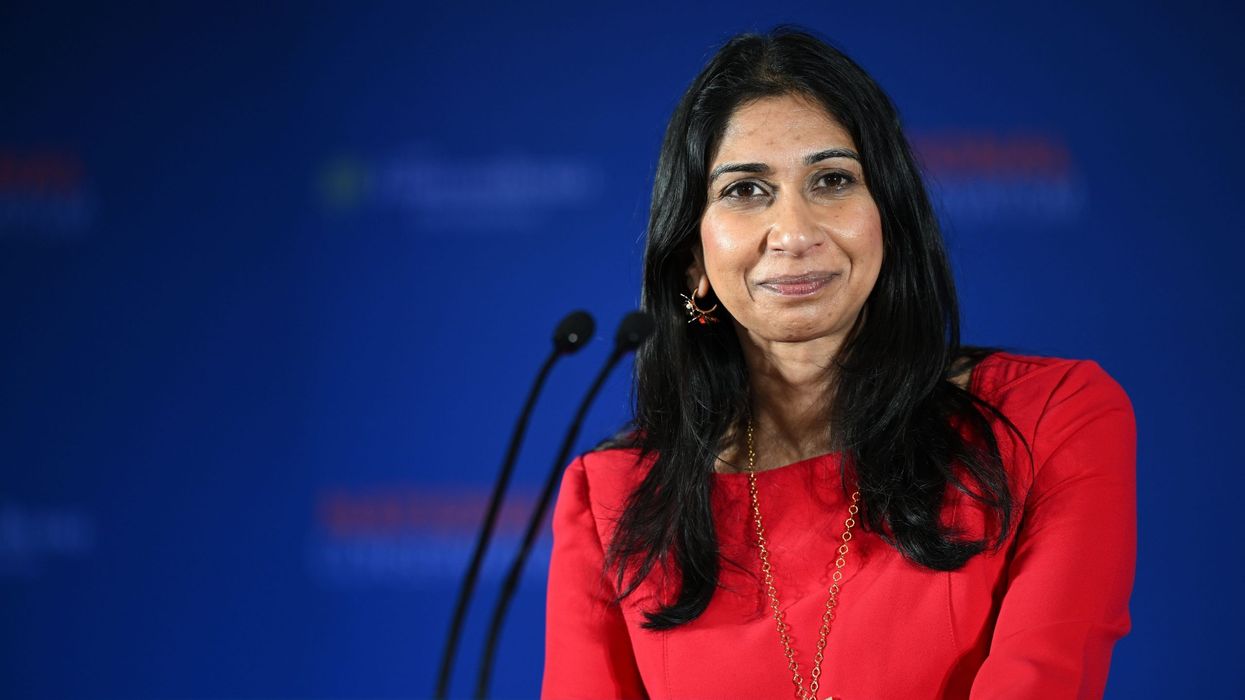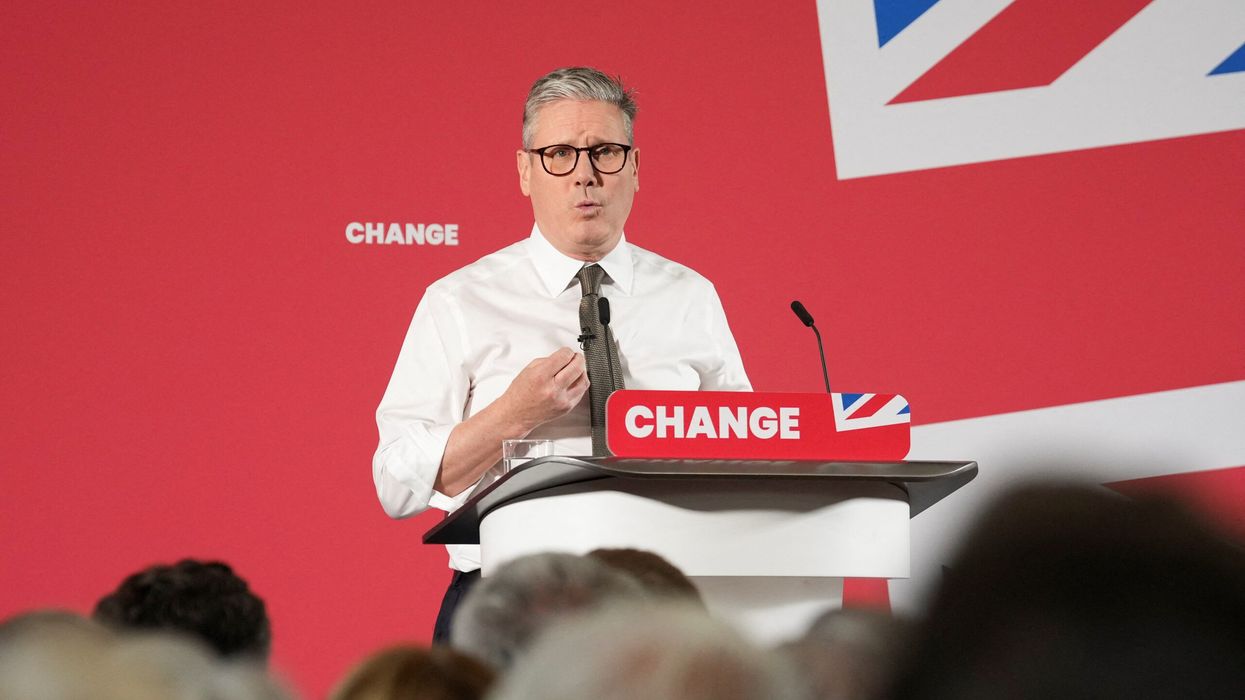The Home Office has been directed by a high court judge to make changes to a recently introduced trafficking policy that restricts help for trafficking victims.
The urgent hearing took place on Wednesday (26), where lawyers representing trafficking victims argued that the policy could expose them to human rights violations, including slavery and forced labour, The Guardian reported.
In January, the government implemented new rules that limited protection and support for victims of modern slavery.
One of the changes was that potential trafficking victims with criminal convictions would no longer be automatically assessed for the support available to trafficking victims, such as accommodation, counselling, and financial assistance.
Human rights and anti-trafficking advocates raised concerns that this exclusion could push victims back into the hands of their traffickers, including those forced into criminal activities like cultivating cannabis or engaging in sex work.
The policy, known as public order disqualification (POD), faced challenges in court by three potential trafficking victims who had received PODs due to criminal convictions.
During the case, it was revealed that out of 253 decisions made about this group of trafficking victims since the policy's implementation, 252 were rejected for support, leaving 131 people still awaiting a decision.
Representing the trafficking victims, Chris Buttler KC argued that the new policy violated human rights laws, including the prohibition against slavery.
Justice Swift granted a court order mandating that all potential trafficking victims must be assessed before any order disqualifying them from support is made, providing practical safeguards against potential human rights breaches.
A further hearing to assess the legality of the policy is scheduled for the end of October.
Maria Thomas of Duncan Lewis solicitors, who represented the claimants, welcomed the high court order, stating that it would offer increased protection to trafficking victims, including British youngsters exploited by county lines gangs and victims of forced prostitution. She called on the home secretary to review the policy.
The high court order issued on Wednesday faced opposition from the home secretary's legal team and comes after a previous high court challenge to another aspect of the new trafficking policy.
During that challenge, the home secretary reversed course on the type of evidence required from people to demonstrate that they have been trafficked.
A Home Office spokesperson said that the government is actively working with international and domestic partners to combat human trafficking and will respond to the court's findings in due course.












